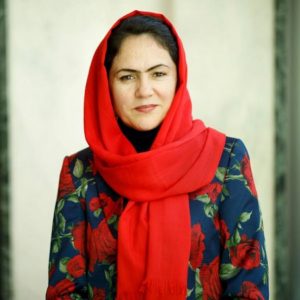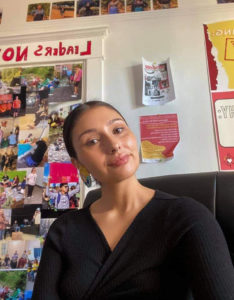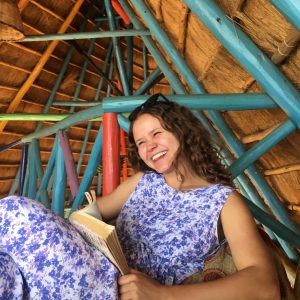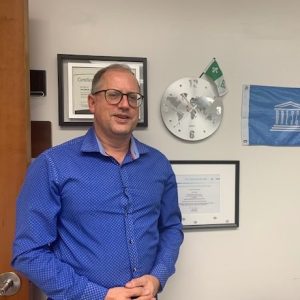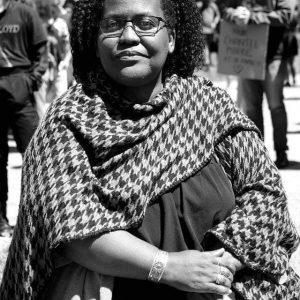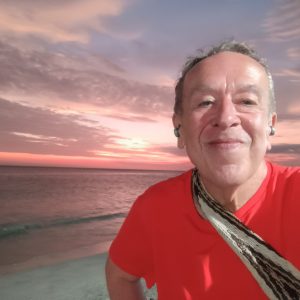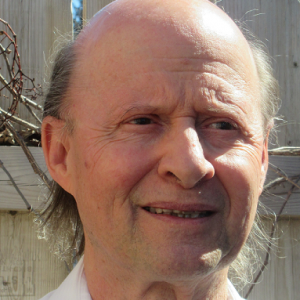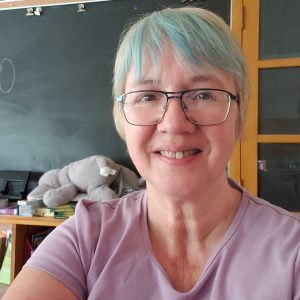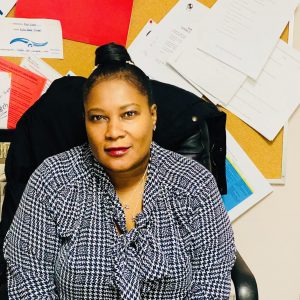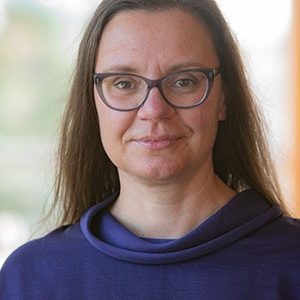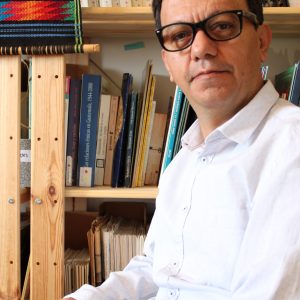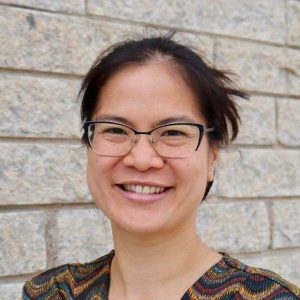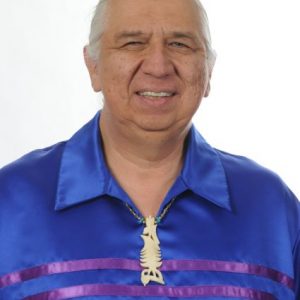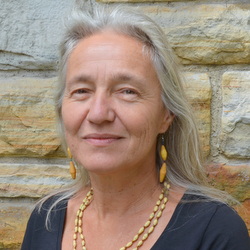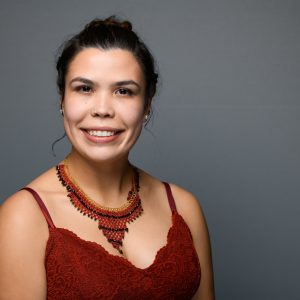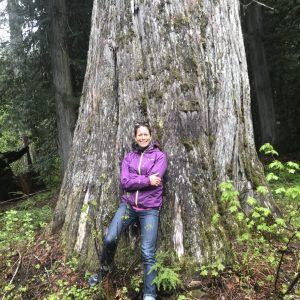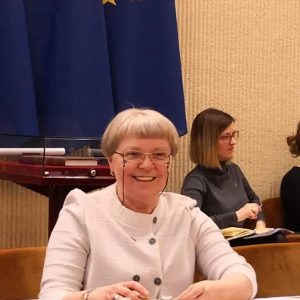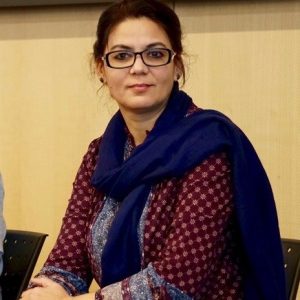

Thanks to the official photographers of the event, Jimmy Chicaiza et Sarah Danks.
Spur Change, in partnership with l’Association québécoise des organismes de coopération internationale (AQOCI), is inviting small and medium organizations (SMOs), educators and youth from coast-to-coast-to-coast to its Annual National Conference “Peace: Beyond the absence of war” which will take place from May 17 to 19, 2022 at the Bonaventure Hotel, in downtown Montreal.
Peace is more than the absence of war or armed conflict. To build sustainable peace, should we not also urgently take into consideration social and environmental justice, food safety and sovereignty, freedom of movement, respect for human rights and decolonization? Moreover, we cannot ignore that the pandemic has significantly intensified inequalities threatening peace around the world.
Through discussion panels, training, peer sharing workshops and artistic content, we will delve deeper into the notion of peace and explore ways in which a culture of peace can be nourished within international solidarity, small and medium organizations and global citizenship education. We will also focus on the importance of gender equality and intersectional analysis to help develop inclusive, sustainable and efficient solutions to address structural and systemic barriers to peace. We will explore how these structural causes intersect with other dynamics of repression and violence and systemic issues.
During this 3-day conference, over a hundred small and medium-sized organizations, teachers and youth will join together to consider these questions, explore solutions and share possible courses of action to build a peaceful world.
This conference is organized by Spur Change with funding from Global Affairs Canada.
The deadline to submit an application is January 28, 2022.
Participants receiving travel subsidies were chosen by a selection committee based on the following criteria:
Subsidization covers the costs of round trip transportation to and from Montreal, accommodation at the Bonaventure Hotel during the conference, meals (per diem according to Spur Change policies) and the conference ticket cost. Cost coverage for substitute fees is also available for school representatives. A Travel Guide providing specific details on conference subsidization has been sent to participants selected for subsidized participation.
A participant selected without receiving travel subsidies to attend the conference will graciously receive meals at the conference (snacks and coffee in the morning on the 18th and 19th, lunch on the 18th and 19th, dinner on the 18th, and snacks during breaks). Their selection also covers the conference ticket cost.
Unfortunately, we are not able to host participants who are based outside of Canada for this year’s conference due to unpredictable travel restrictions related to the Covid-19 pandemic. We apologize for this limitation, and we invite you to sign up for our E-Bulletin for updates on future conferences, training events, workshops, and opportunities.
The 2022 National Conference is currently scheduled to take place entirely in person, so it will not be available online. We continue to monitor the evolving Covid-19 pandemic and associated health restrictions, so changes to the conference format will be made if necessary.
This year’s conference will be held in person at the Bonaventure Hotel in Montreal, Quebec from May 17th-19th, 2022.
For subsidized participants, the most economical and sustainable means of transport is the preferred option, however exceptions can be provided within reason. Participants selected for subsidization are encouraged to consult the conference Travel Guide for full instructions on arranging transportation. Due to the limited availability of spaces for subsidized air travel, we ask that subsidized participants based in Quebec and Ontario only travel using ground transportation (by train, bus, personal vehicle, or rental vehicle). Non-subsidized participants are responsible for the booking and costs of their own travel to and from the conference in Montreal.
From within Montreal, the nearest metro station is Bonaventure with many bus routes also conveniently accessible. If taking a train into Montreal, the hotel is conveniently located across the street from the Gare Centrale (Central train station). If flying, there are fixed fare taxis or public transportation via the STM 747 bus route. Taking the 747, disembarking at René-Lévesque / Mansfield, will leave you a 3 minute walk to the hotel.
The Covid-19 pandemic is rapidly evolving as are the local and federal requirements for vaccination. All conference participants will be required to be fully vaccinated against Covid-19 with a booster shot in order to participate. As such, all participants will require a valid vaccination proof issued by a government authority. Those traveling from out of town are asked to use an at-home rapid test before leaving their point of origin. Rapid tests will be available onsite during the conference to be used at your discretion. N95 masks will also be available on site. Masks will be worn while at the conference venue following Quebec public health agency’s recommendations. Additionally, the venue has been selected to ensure adequate social distancing. This information is valid as of February 2022. We will update you directly as regulations change.
We recommend you check with your personal insurance provider for any coverage that may be available to you in case of a need to extend your stay due to quarantine or a mandated self-isolation period as these costs will not be covered by Spur Change.
For inquiries regarding conference programming and participation, please contact Madalyn Nielsen (she/her) at madalyn.nielsen@acgc.ca if you are an SMO participant. If you are a school representative, please contact Marie-Catherine Thouin (she/her) at mariecatherine.thouin@acgc.ca. For inquiries regarding conference travel and booking, please contact John Kunicki (he/him) at john.kunicki@acgc.ca.
